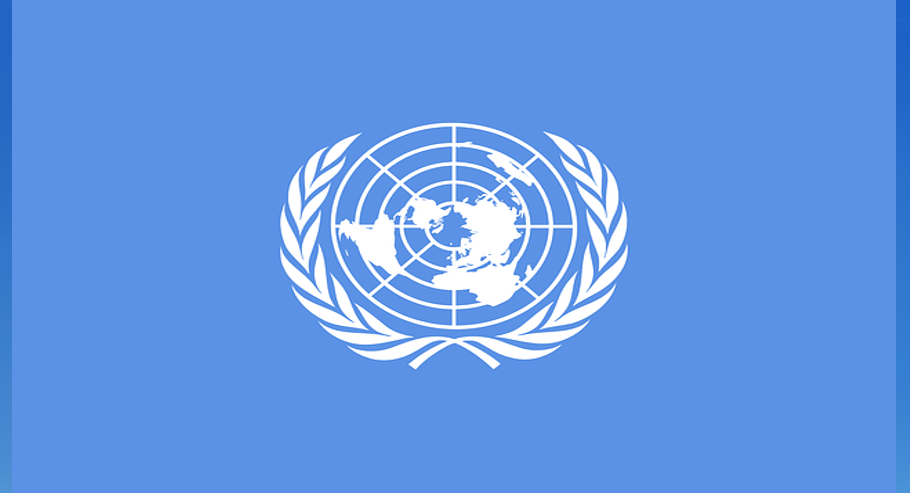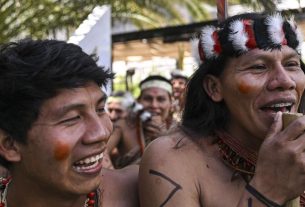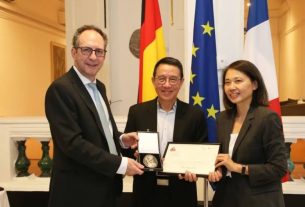The United Nations Commission on Human Rights in South Sudan has called for urgent international intervention to address a rapidly worsening crisis marked by armed violence, systemic corruption, and humanitarian collapse. Following a mission to the African Union headquarters, the Commission reported that armed clashes have intensified to levels not seen since the 2017 cessation of hostilities, placing civilians at grave risk.
In 2025 alone, over 300,000 South Sudanese have fled to neighboring countries, including Ethiopia, Kenya, Uganda, Sudan, and the Democratic Republic of Congo. The region now hosts more than 2.5 million refugees, while an additional 2 million remain internally displaced Organized Crime and Corruption Reporting Project Morning Star.
Political Stalemate and Corruption
Commissioner Barney Afako condemned the country’s leadership for deliberately stalling the peace process, stating that “unchecked corruption and political dysfunction have brought South Sudan to yet another precipice.” The Commission’s latest report highlights how diversion of public resources has eroded governance and fueled local conflicts Organized Crime and Corruption Reporting Project The Star.
Chairperson Yasmin Sooka emphasized the urgent need to operationalize the Hybrid Court, a justice mechanism agreed upon in the 2018 Revitalised Peace Agreement. She described it as essential to delivering accountability and strengthening South Sudan’s judicial institutions. “The promises made to victims years ago remain unmet,” she said, calling on the African Union to fulfill its mandate and moral responsibility UN News OHCHR.
Humanitarian Fallout
The Commission underscored that women and children are disproportionately affected, facing increased exposure to sexual violence, displacement, and loss of livelihood. Humanitarian agencies warn that without decisive political engagement and enhanced protection measures, the crisis will deepen further The Star.
Historical Context and Next Steps
South Sudan’s conflict, rooted in ethnic divisions and political rivalries, erupted shortly after independence in 2011. Although the 2018 peace agreement aimed to stabilize the country, weak enforcement and persistent corruption have undermined progress. The fragile power-sharing arrangement between President Salva Kiir and suspended Vice President Riek Machar collapsed earlier this year, reigniting tensions Morning Star Al Jazeera | MSN.
The Commission has urged the AU Peace and Security Council and the UN Security Council, both scheduled to meet this week in Addis Ababa, to prioritize justice, accountability, and inclusive political transition as the only viable path to lasting peace.
Sources: Organized Crime and Corruption Reporting Project Morning Star Al Jazeera | MSN The Star UN News OHCHR.



